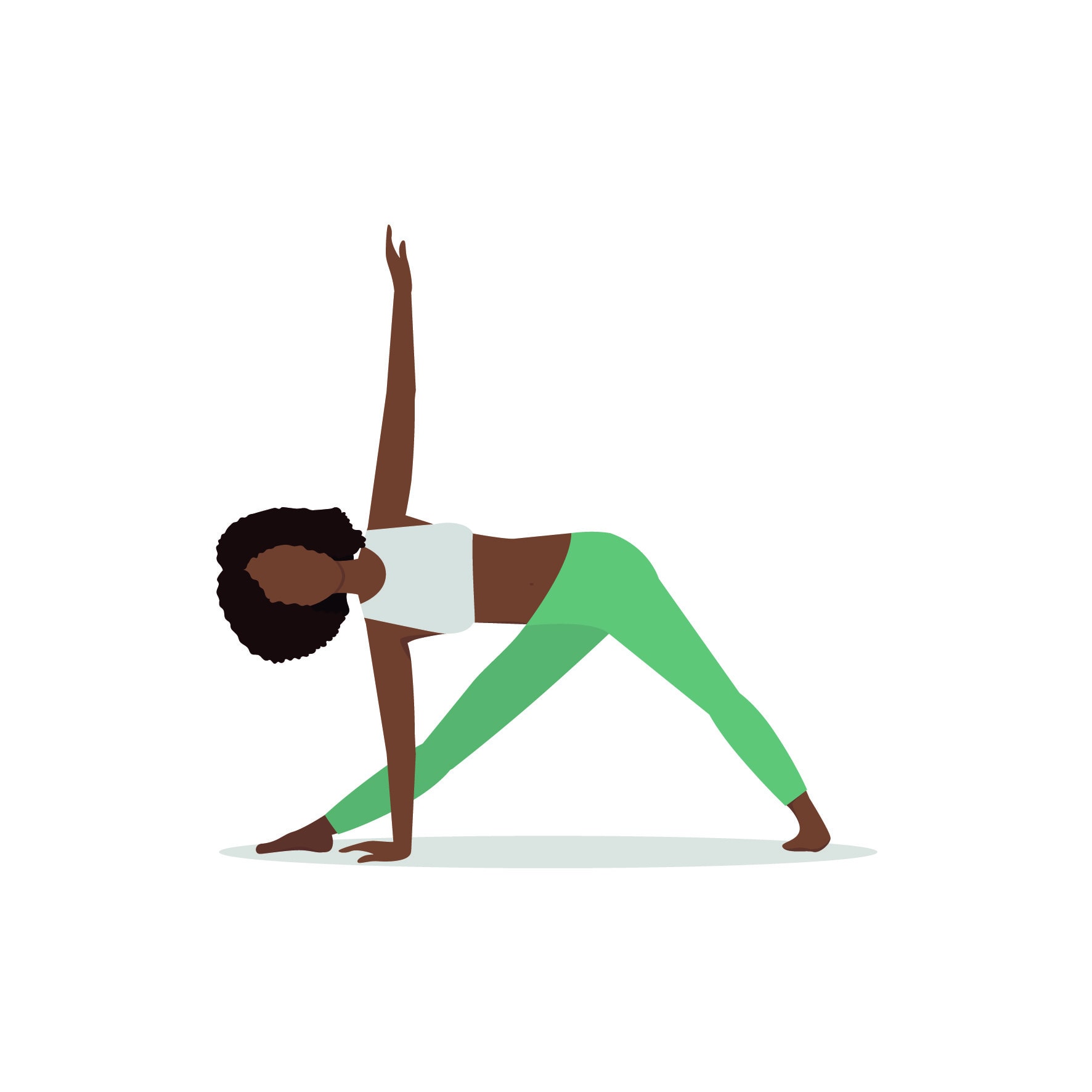
The mother of all compassion
Finding compassion for all through our yoga practice. By Andrea Marcum
It can be very easy to judge. We think we’ve got everybody all figured out, but the labels we point to in order to explain who we are often have little to do with core qualities. Take, for example, compassion.
Vegetarians, environmentalists, yogis, parents: all of these labels suggest people who naturally exhibit a lot of compassion, right? What then of non-yoga practicing, carnivorous, climate change-denying real estate developers— are they completely devoid of compassion?
Nothing is black or white in this life, especially when we are talking about our inner life. It is slippery terrain when we start equating types of people with specific qualities…as a result, we all might have a little trouble seeing the hypocrite in the mirror if we aren’t careful.
For the longest time I was insecure about the fact that I didn’t have kids. I sensed sideways looks from society at large, and a need to explain myself. I felt like I was wearing a giant sign that read: “Lacks compassion for anyone but myself.”
So I would try too hard. I held the babies and read books to the kids who wanted nothing to do with me to make up for my lack of procreation. Desperate to appear kid-friendly, I would buy too many presents for everyone else’s kids, donate immediately to their school fundraiser, and buy ridiculous amounts of Girl Scout cookies and over-priced candy drive chocolate bars.
Proof that I was near kids, even if I was not producing them. The exhausted parents would watch me from the sidelines, and I was convinced they were annoyed by my free time to do the things I wanted, my clean car, and stories of international travel. I sensed behind their glares, however, the smug conviction that they had the upper hand. They were the social norm, and they knew a love I never would.
But wait a minute. Are the non-yoga practicing, carnivorous, climate changedenying real estate developers and I really condemned to the No Compassion Corner? What is it that define compassion?
From its Latin stem, compassion is defined as “the ability for a person to feel what the other person is feeling.” If you look it up in a modern dictionary, it’s mostly associated with grief and sympathy. But its origins suggest “feeling with each other” in ways that are more expansive than just feeling sorry for each other.
Compassion is our way to see things from another’s perspective. Having kids certainly affords us that opportunity. So do our chosen spiritual and religious paths. Problems occur when we harden around the ego aspects of our choices and become righteous and judgemental.
Our religion is right and yours is wrong. Our lifestyle is right and yours is wrong. We suffocate compassion with our ego’s need to be right. If you tease this behaviour out onto the global stage, you have far more damaging consequences.
These angry embers become the flames that cause conflict and even killing. It can be shocking to see how seemingly innocuous the seed was that inspired the eventual horror. It is through compassion that we find peace. The Bible, the Koran, the Bhagavad Gita, and other religious texts all ultimately espouse compassion.

“It is through compassion that we find peace.”
However, our personal insecurities and inadequacies (our lack of ‘val-you’ as I call it in my book ‘Close to Om’) can fuel our prejudices, making it difficult to let compassion unfold in our lives.
It’s very hard to arrive at compassion for others if we cannot arrive at it in ourselves. This sounds a lot fluffier than it actually is. I know it from my own experience, but I see it in the yoga classroom all the time. The yoga mat is a microcosm for more universal behaviour.
We get frustrated that someone a few mats down is doing something that we can’t. Defeated by our limitations and somehow threatened by their abilities, our ego bursts. With our self-esteem boat sinking, we look desperately for chinks in their armour. Putting them down gives us a false sense of elevating ourselves.
But like forcing an injured shoulder too far into a stretch, our aggressive and hurtful attitude only creates more suffering and pain. We make ourselves crazy trying to direct everyone and everything towards something we hope makes us seem better than they are.
Compassion keeps us on course. Ahimsa is a word both Hindus and Buddhists use as the basis for compassion. Patanjali cites it in his Yoga Sutras as part of a path to a more peaceful existence. It connotes unconditional acceptance and friendship with oneself and an active interest in others.
“Compassion makes us dethrone ourselves from the centre of our world, and put another there,” says esteemed author and theologian Karen Armstrong. Not only is that something we can all practice, it is something that we must do for the survival of our global dysfunctional family.
We have to find our way to a place where we feel less threatened and more thoughtful. We don’t have to agree, but we must accept that there are a lot of different ways of doing things and that they can co-exist. Warren Buffet loves his philanthropy along with his steak and his Cherry Coke.
Ron Terwilliger, head of Tramell Crow Residential, one of the largest developers of multi-family housing in the US, is also the recipient of the Hearthstone Builder Humanity Award and has donated $100 million to Habitat for Humanity. There are plenty of parents in the world who cannot seem to muster compassion for someone else’s child, sometimes even their own.
And some of our icons for compassion like Mother Theresa and the Dalai Lama had no children of their own. The bottom line is: it’s not our title, appearance, or wealth that defines whether we are compassionate or not, it is our actions.
I often tell people that I do, in fact, have kids — some of them in their 60’s and 70’s. Working with the wonderful students I am blessed with dethrones me on a daily basis. As Rebecca Solnit says in her Harper’s article entitled The Mother of All Questions: “There are so many things to love besides one’s own offspring, so many things that need love, so much other work love has to do in the world.”
Judith Hanson Lasater is one of yoga’s pioneering women. She asked me when I interviewed her: “Why are we doing all these handstands, backbends and arm balances?” She doesn’t understand why we’re doing them unless they shape and change our lives. “I believe that yoga should lead us to a place where kindness and compassion are instantaneous. Compassion is fierce and strong, and it holds people accountable.
But it doesn’t do it with anger or judgement. I don’t think we find compassion. I think we become the space that compassion wants to live in. You can’t make yourself be compassionate, you can only keep stepping back and becoming a larger container in which compassion wants to live.”




